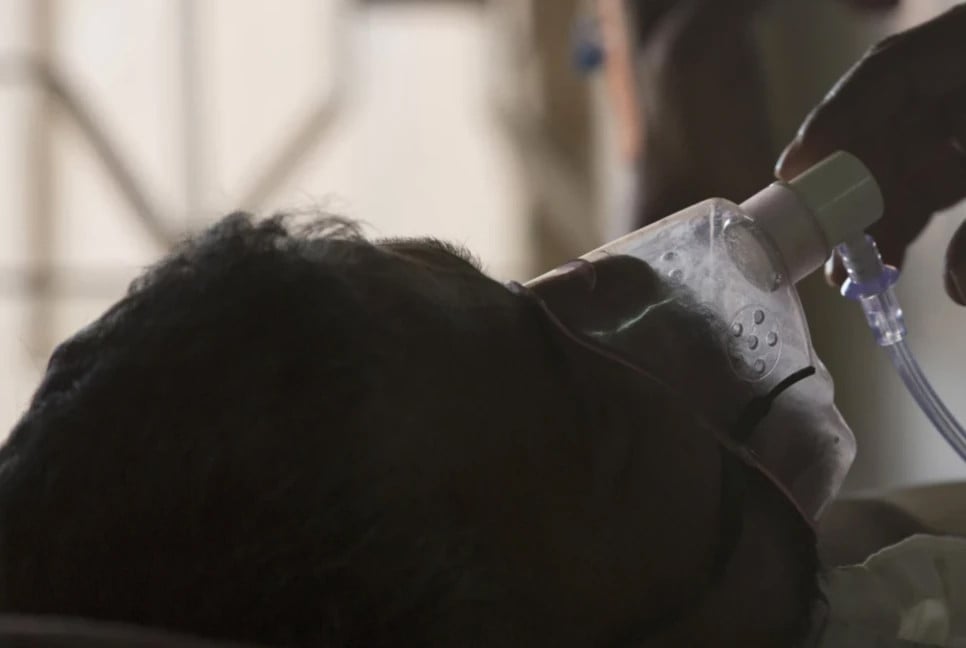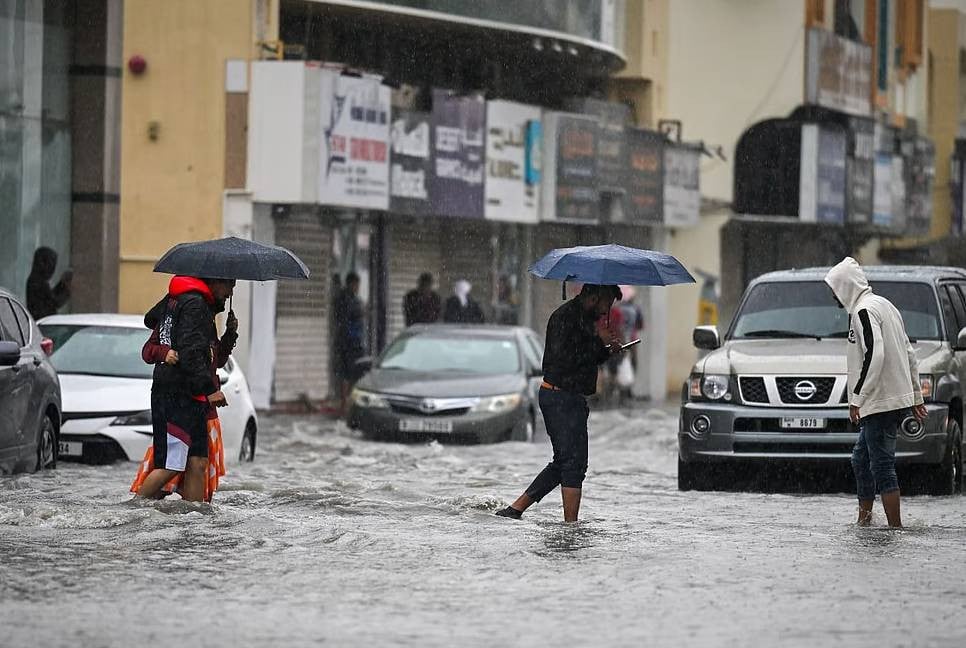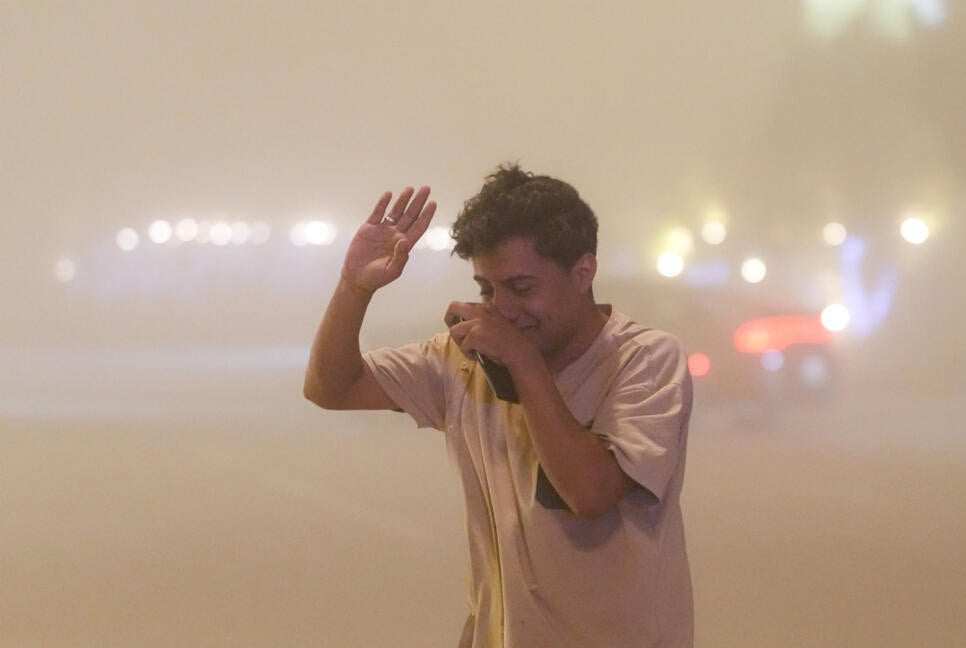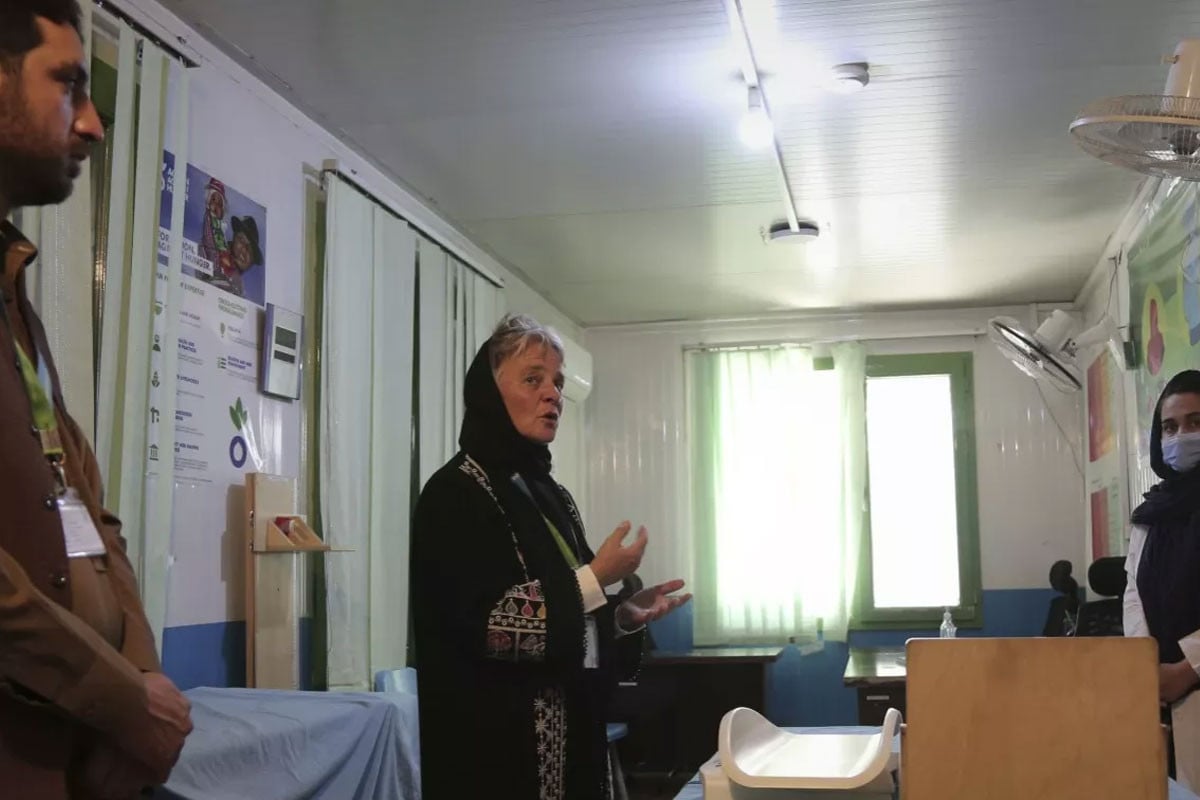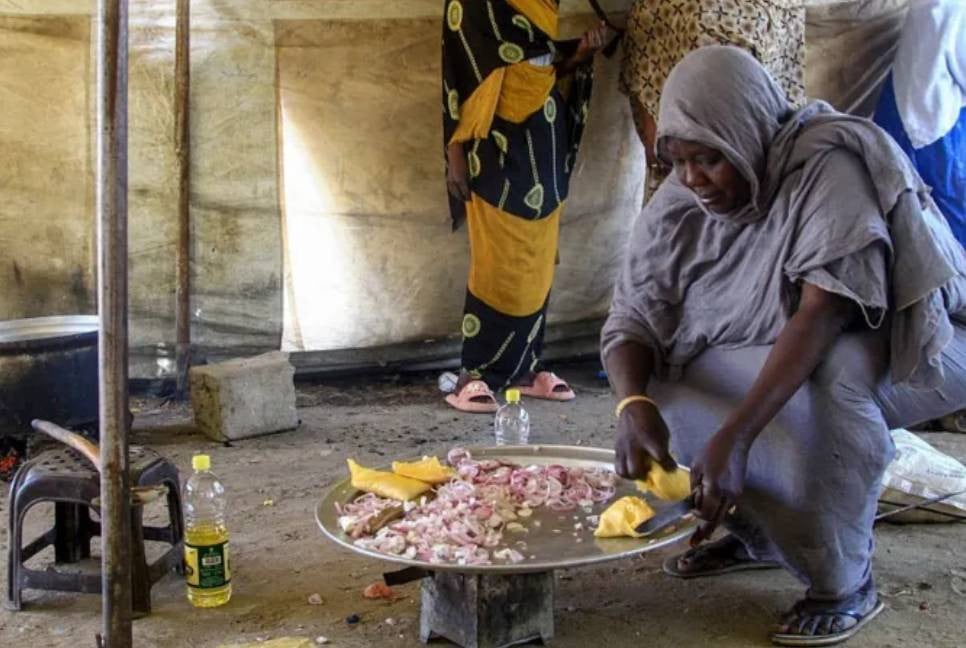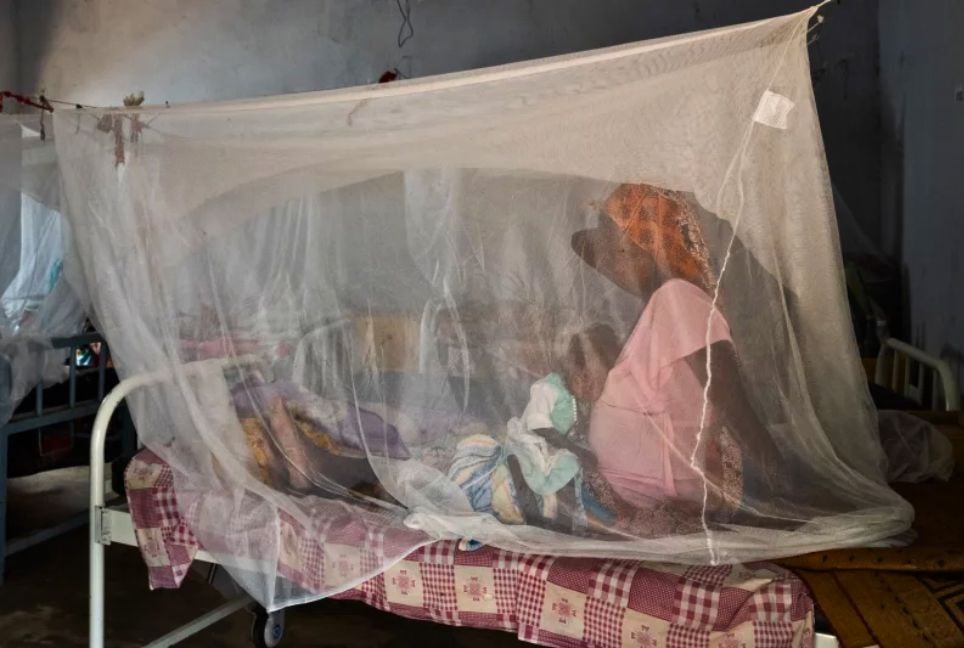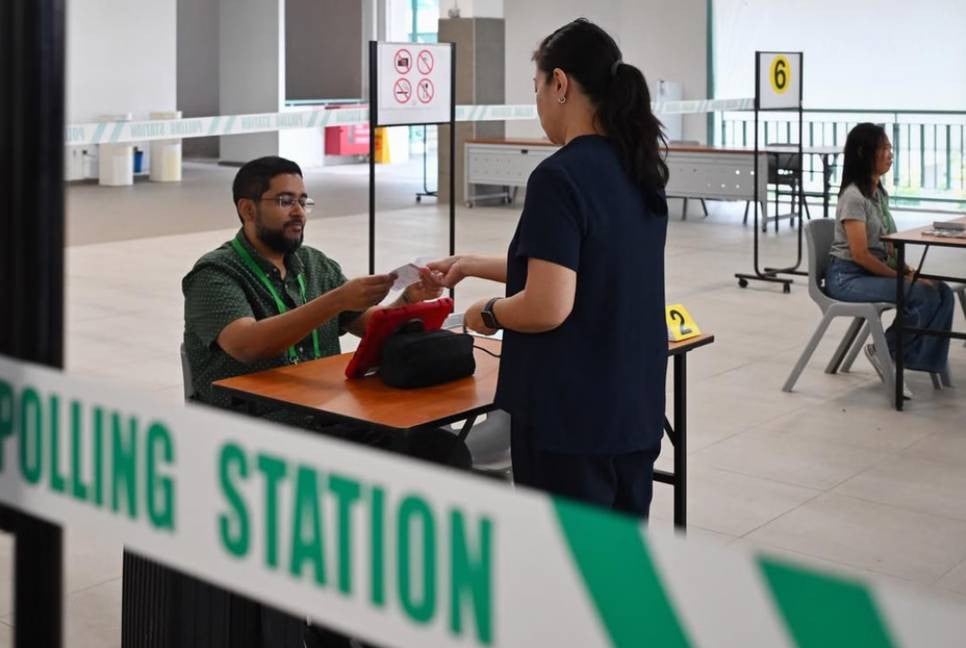In a concerning report released Tuesday, the World Health Organization(WHO) announced that over 8 million people were diagnosed with tuberculosis last year, marking the highest number recorded since the agency began its tracking efforts.
The report also revealed that approximately 1.25 million people lost their lives to tuberculosis last year, indicating that TB has likely regained its status as the world's leading infectious disease killer, surpassing COVID-19, which had held that title during the pandemic. Notably, these deaths are nearly double the number of fatalities caused by HIV in 2023.
WHO said TB continues to mostly affect people in Southeast Asia, Africa and the Western Pacific; India, Indonesia, China, the Philippines and Pakistan account for more than half of the world's cases.
“The fact that TB still kills and sickens so many people is an outrage, when we have the tools to prevent it, detect it and treat it,” WHO Director-General Tedros Adhanom Ghebreyesus said in a statement.
TB deaths continue to fall globally, however, and the number of people being newly infected is beginning to stabilize. The agency noted that of the 400,000 people estimated to have drug-resistant TB last year, fewer than half were diagnosed and treated.
Tuberculosis is caused by airborne bacteria that mostly affects the lungs. Roughly a quarter of the global population is estimated to have TB, but only about 5–10% of those develop symptoms.
Advocacy groups, including Doctors Without Borders, have consistently urged the U.S. company Cepheid to offer its tuberculosis tests, used in low-income countries, at a price of $5 each to enhance accessibility. Earlier this month, Doctors Without Borders, along with 150 global health partners, sent an open letter to Cepheid, urging the company to "prioritize people's lives" and take immediate action to expand TB testing on a global scale.
(Source:AP/UNB)
bd-Pratidin English/ARK

